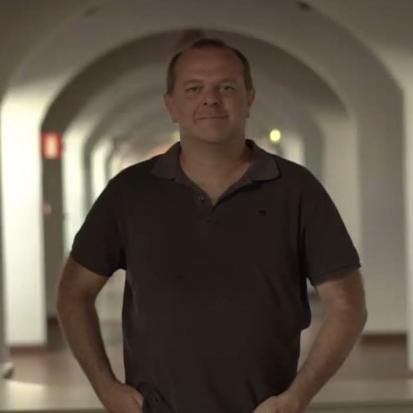
Peace is an inalienable aspiration that must be addressed from a broad political and social approach and looking at the causes that shape inequality and injustice.
Peace is not the absence of war, conflict or destruction. Peace is a holistic concept that places human development at the front and for which it is essential to guarantee the vital needs of all people.
Poverty and misery may not be the causes per se of many of the modern-day armed conflicts, but they are the perfect breeding ground for social pathologies (the culture of violence, racism and xenophobia, the disregard for life...) that feed them and enable them. According to the United Nations, 736 million people live in extreme poverty (one in ten) and around 1.3 billion live in what is known as a state of “multidimensional poverty”.
We live in an international context that is complex, adverse and changing. In a transition from a historical moment marked by the unilateralism of the United States towards a new scenario where new actors such as China, Russia and other regional powers in different parts of the world are a reminder that the solutions to our main challenges will only be reached through multilateralism.
Throughout our planet, thousands of millions of people continue to live in poverty and are deprived of a life in dignity; inequalities continue to grow, both inside countries and between them. There are huge differences in terms of opportunities, wealth and power; and gender inequality continues to be a fundamental challenge. Another worrying element is unemployment, especially among the young.
Global risks to health, the increase in the frequency and intensity of natural disasters, the escalation of conflicts, violent extremism, terrorism and the humanitarian crises that follow and the forced displacement of entire populations are threatening with doing away with many of the advancements in terms of development achieved in recent decades.
The depletion of natural resources and the negative effects of environmental degradation, including desertification, drought, the degradation of soils, the scarcity of fresh water and the loss of biodiversity are increasing and exacerbating the difficulties that humanity is facing at present. Climate change is one of the major challenges of our times and its adverse effects undermine the ability of countries to achieve a sustainable development.
In light of this complex and multifaceted scenario, it is essential for all actors involved (governments and institutions, civil society organizations, the business sector, education and the academia, communication media and citizens) to come together to take firm steps towards building a more equalitarian world where the fundamental rights of people are fully guaranteed.
Events such as World Peace Day, which is observed every 21st September, remind us all of this shared responsibility; of the work that is still to be done, but also of the path we have all followed with great efforts.
Peace is an inalienable aspiration that must be addressed from a broad political and social approach and looking at the causes that shape inequalities and injustice. Working towards identifying together the factors that unleash poverty and abuse and stop us from consolidating societies that are based on global justice.



Add new comment